100 children hospitalised with rare post-Covid illness in Australia
More Aussie children have been diagnosed with a rare but potentially life-threatening post-Covid illness this year than the two previous years combined.
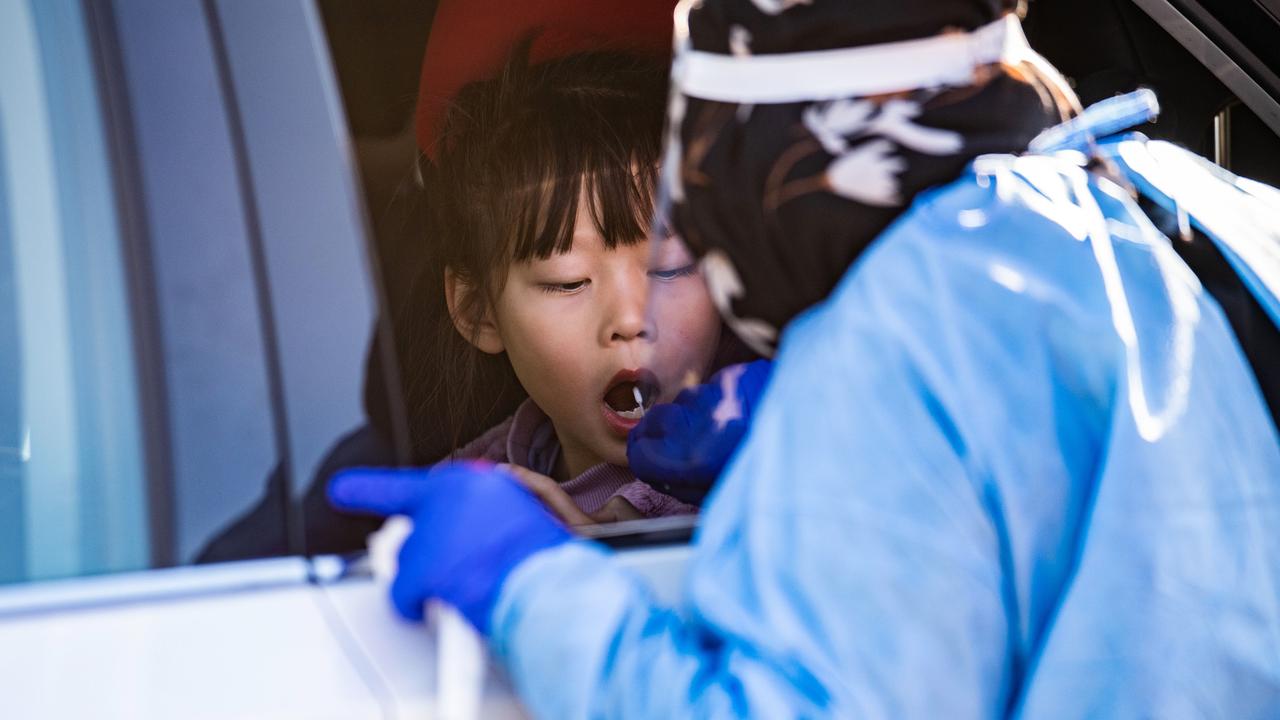
More than 100 children in Australia have been hospitalised with a rare but serious illness weeks after having Covid, with some ending up in intensive care.
Some of the children were not even sick when they initially had Covid.
In the first two years of the pandemic, there were 35 patients treated for Paediatric Inflammatory Multisystem Syndrome (PIMS-TS) associated with Covid.
In the first four months of this year alone, that number more than doubled to 72, according to data provided to news.com.au by the federal health department.
PIMS-TS is an a rare syndrome where different parts of the body become inflamed, usually between two to six weeks after having Covid.
Less than 0.5 per cent of children around the world who have had Covid have developed the condition and all patients in Australia are believed to have recovered.
But Dr Catherine McAdam says it is a scary experience for both the child and family, and even when they leave hospital it can be a stressful time.
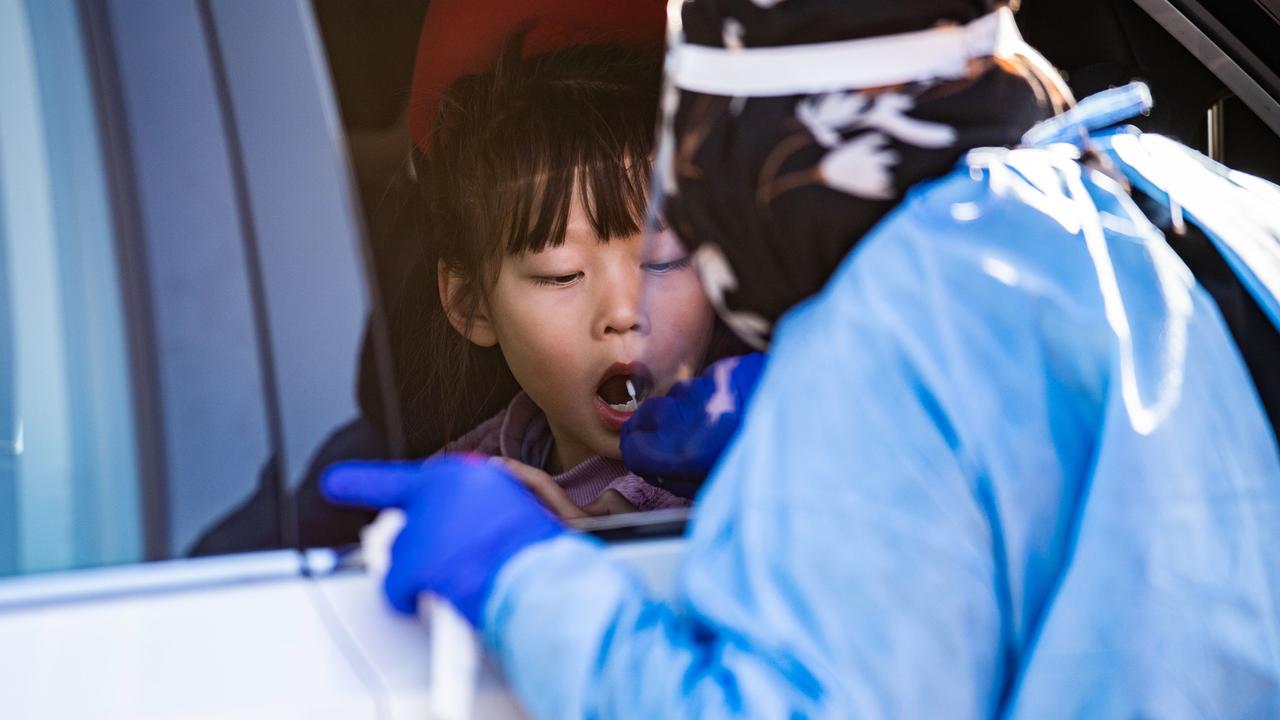
Dr McAdam is the head of general paediatrics at Monash Children’s Hospital in Melbourne, where the first PIMS-TS patient in Australia was cared for in August 2020.
The hospital has now treated 28 children, with most staying between three and seven days.
“All have made a full recovery, however (parents) lived with that anxiety for four to six weeks afterwards of ‘will my child be the first one to have a long term complication from it?’” she told news.com.au.
Dr McAdam also said patients needed to be discharged on medications such as aspirin every day to prevent blood clots, and had to return to hospital for follow-up appointments.
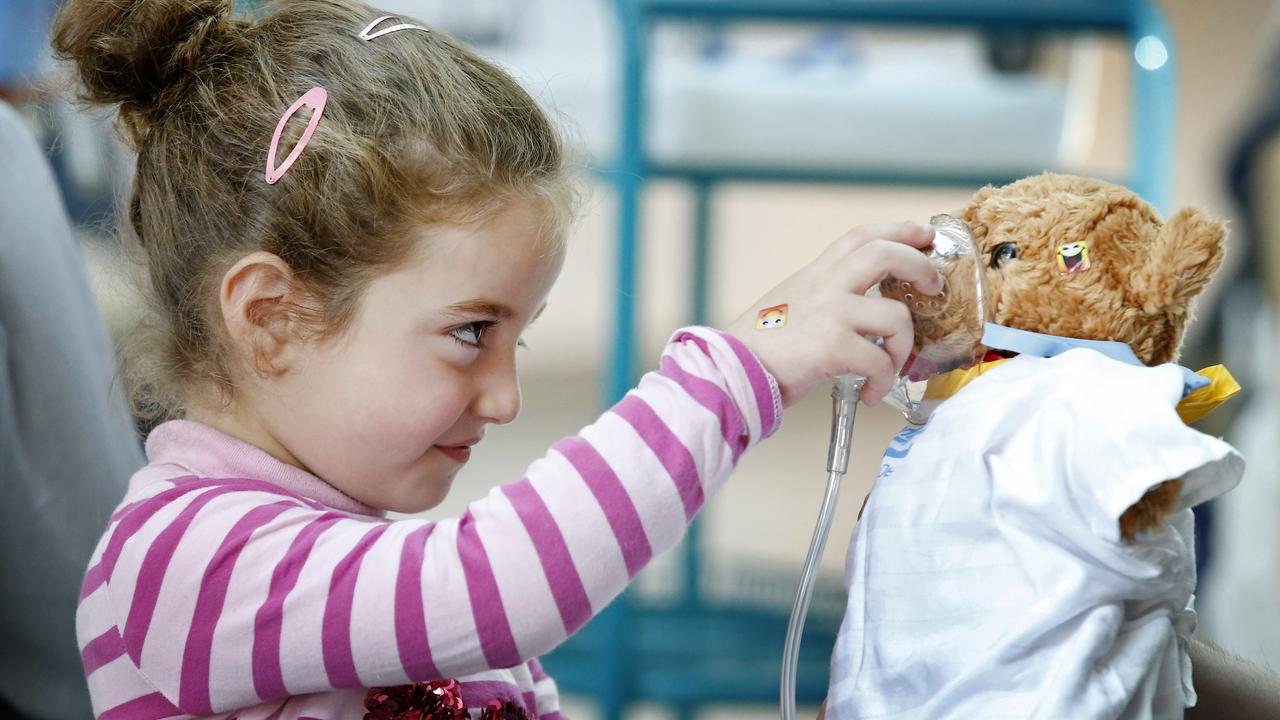
While the children were sick enough to be hospitalised, the seriousness of the illness varied.
“The case in our intensive care unit did need some medications to support the heart pumping,” Dr McAdam said, which was one of most serious cases.
Interestingly, the severity of the child’s Covid infection does not predict the severity of PIMS-TS.
“Sometimes they don’t know they’ve had Covid … they never developed symptoms with their Covid infection but developed this a few weeks later,” she explained.
What is the illness?
It is not yet known why some children develop PIMS-TS after Covid.
In the United States, where some children have died, the syndrome is called Multisystem Inflammatory Syndrome in Children (MIS-C).
Children are affected differently by PIMS-TS, but the main symptoms include fever over several days, stomach pain, diarrhoea, vomiting, chest tightness/pain, extreme tiredness, rash, cold hands and red eyes.
“There seems to be kind of two variants,” Dr McAdam said.
“One more abdominal pain, diarrhoea, and gut sort of symptoms, and the other more skin, fever, inflammation.”
She explained sometimes the patient would be in hospital sick for a couple of days before PIMS-TS was confirmed.

Associate Professor Shidan Tosif told the Herald Sun the syndrome was “very rare” but was the most significant complication of SARS Covid infection in children.
Dr Tosif is the Covid clinical director at Royal Children’s Hospital in Melbourne, which has treated 29 patients, including children in ICU.
“In some instances, (there is) a more severe presentation with what we call shock, where they actually are more unwell, have more severe pain, difficulty maintaining blood pressure and an altered conscious state,” he said.
“It has a potential risk for the heart and other organs and that’s why it’s important to recognise and treat it early.”
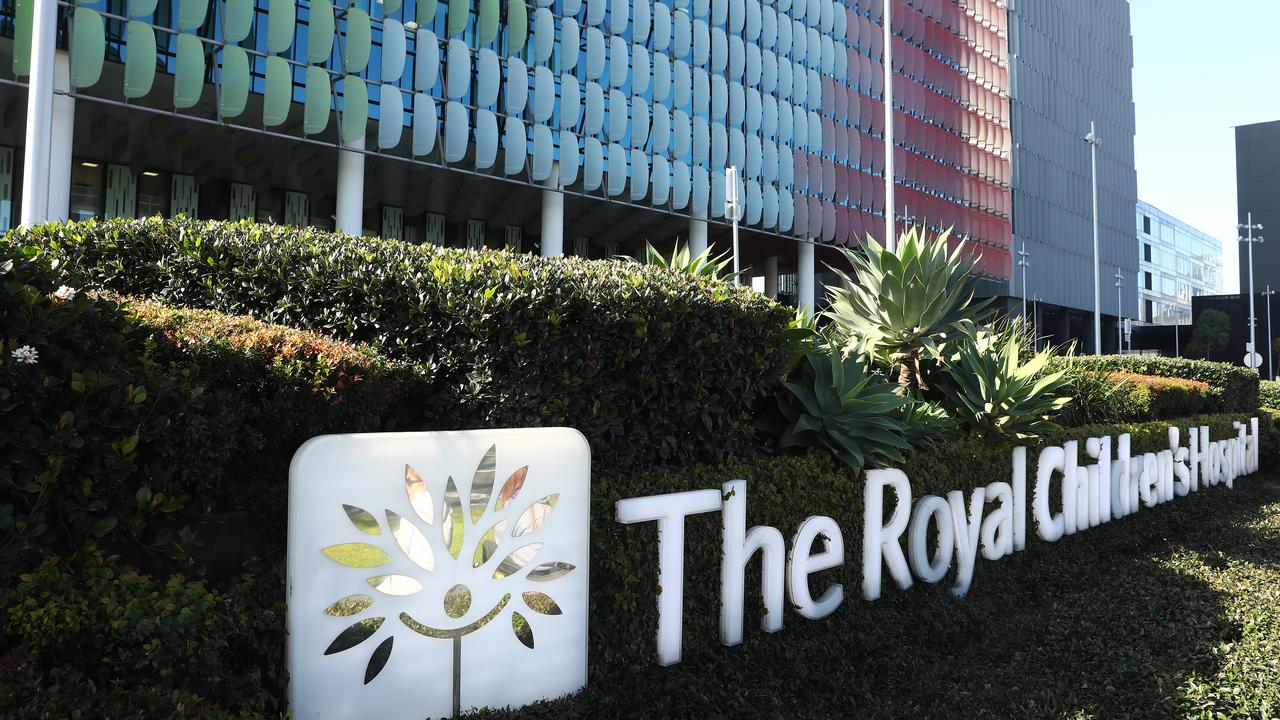
PIMS-TS cases in Australia
Data from the Paediatric Active Enhanced Disease Surveillance (PAEDS) network – eight hospital sites in Australia monitoring PIMS-TS – shows the median age for a child with the condition is eight.
The youngest patient was just three months and the oldest was 15 years.
An expert group review every case in Australia.
While the latest data shows there have been 107 cases up until the end of April, the number is now higher.
Dr Tosif said his hospital had seen more cases this year compared to all of last year, which he said was “reflective of the omicron surge we had”.
Dr McAdam agreed that an increase in Covid cases had caused an increase in PIMS-TS cases.
“When we had lockdowns and very little (Covid) infection in the community we didn’t see this very often and then as things opened up at the end of last year we started seeing a lot more … in February, I was seeing two to three (PIMS-TS) cases per week,” she said.
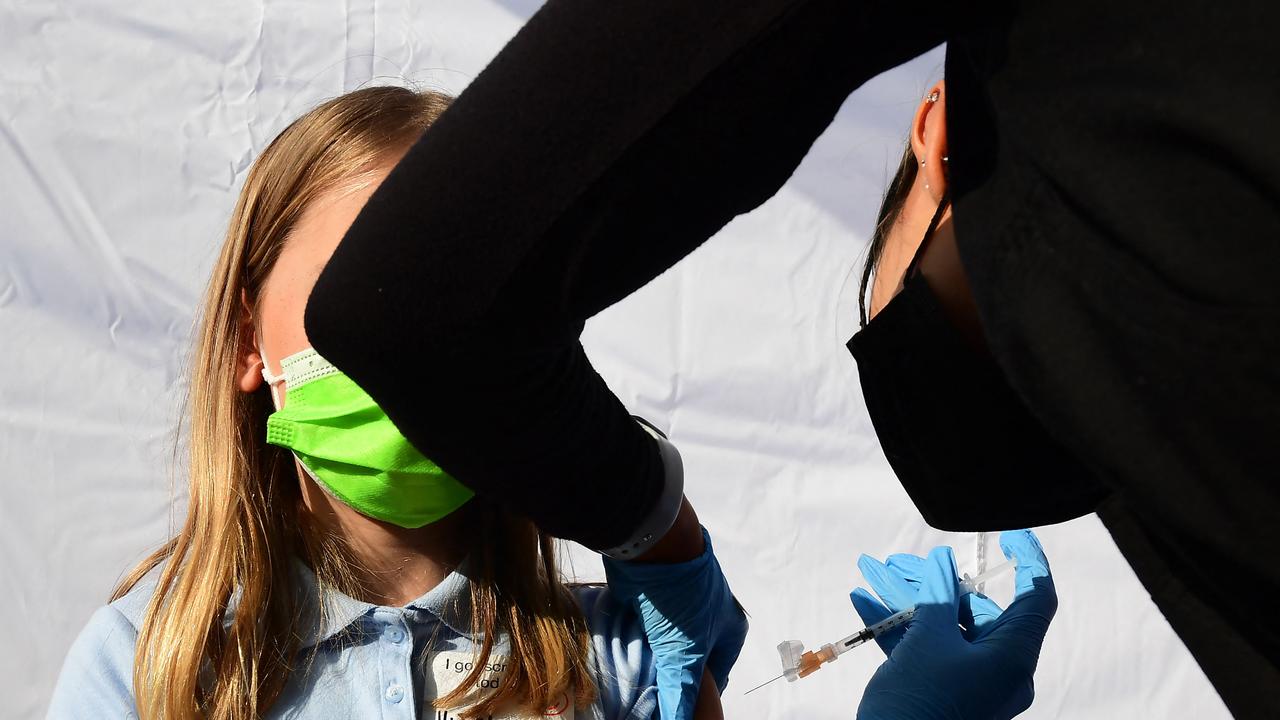
What role does Covid vaccination play?
Dr McAdam said that her hospital had seen less PIMS-TS cases as more children became vaccinated against Covid.
Australian children age five to 11 could get their first dose from January 10.
“Vaccination does work,” she said, also encouraging the flu vaccine.
“I suspect that what we may see is that the average or median age of PIMS-TS goes down because we don’t have vaccination available for the under fives yet.”
Dr Tosif also said vaccination helped to reduced the chance of children developing PIMS-TS.





